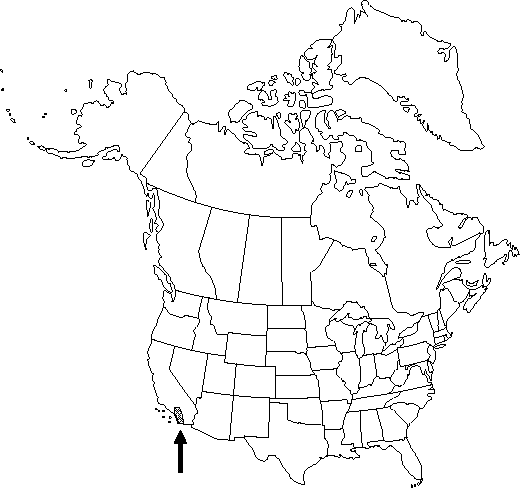Difference between revisions of "Aquilegia formosa var. hypolasia"
Gentes Herb. 7: 106. 1946.
Basionym: Aquilegia hypolasia Greene Leafl. Bot. Observ. Crit. 2: 141-142. 1911
Treatment appears in FNA Volume 3.
imported>Volume Importer |
imported>Volume Importer |
||
| Line 52: | Line 52: | ||
|publication year=1946 | |publication year=1946 | ||
|special status= | |special status= | ||
| − | |source xml=https:// | + | |source xml=https://bitbucket.org/aafc-mbb/fna-data-curation/src/2e0870ddd59836b60bcf96646a41e87ea5a5943a/coarse_grained_fna_xml/V3/V3_323.xml |
|genus=Aquilegia | |genus=Aquilegia | ||
|species=Aquilegia formosa | |species=Aquilegia formosa | ||
Latest revision as of 21:47, 5 November 2020
Stems and petioles densely pilose, somewhat viscid. Flowers: sepals 13-20 mm, 0.7-1 times as long as spurs; petal blades 0-3 mm.
Phenology: Flowering summer (Jun–Aug).
Habitat: Mesic woods or shrublands
Elevation: 0-2000 m
Distribution

Calif., Mexico (Baja California).
Discussion
Aquilegia formosa var. hypolasia is endemic to the peninsular ranges of California and adjacent Baja California. It is very close to A. formosa var. truncata; occasional plants of var. hypoplasia from the Peninsular Ranges may be almost glabrous, and occasional plants of var. truncata may be almost as pubescent as var. hypoplasia.
Selected References
None.
Lower Taxa
None.